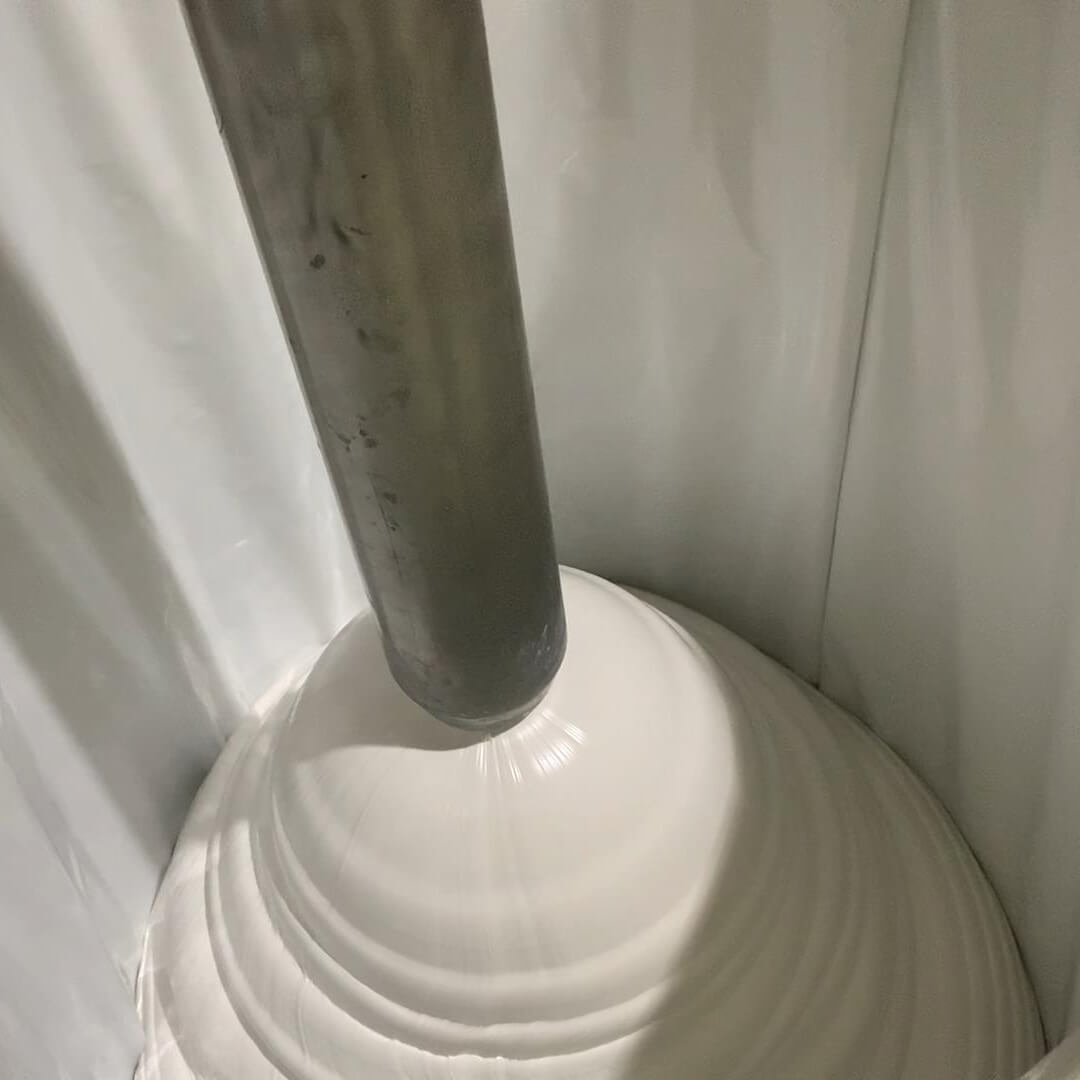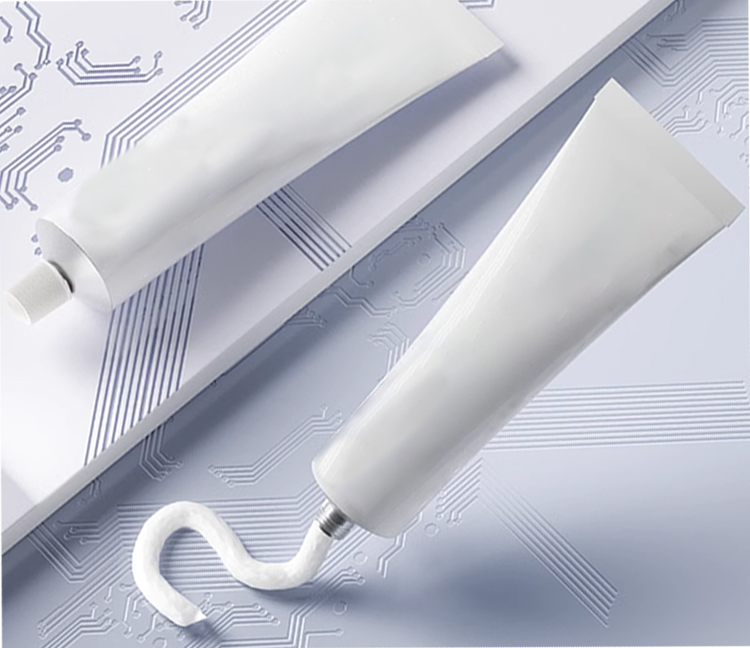Silicone sealants are renowned for their exceptional properties, making them stand out in the world of sealants and adhesives. Their success lies in their remarkable flexibility, resistance to moisture, and thermal stability. In this article, we’ll delve into the scientific aspects of silicone sealants, shedding light on what makes them unique.
The flexibility of silicone sealants is a key attribute. They can withstand dynamic movements without losing their adhesive properties. This property is particularly crucial in construction, where structures expand and contract due to temperature changes. Silicone sealants ensure a long-lasting and watertight seal, even under these conditions.
Furthermore, silicone sealants exhibit outstanding resistance to moisture. They create a durable barrier that prevents water ingress, making them suitable for both indoor and outdoor applications. Their ability to resist fungal and bacterial growth adds to their longevity.
Thermal stability is another feature that sets silicone sealants apart. They can endure extreme temperatures without breaking down or losing their effectiveness. This resilience is invaluable in applications where temperature variations are common.
Understanding these properties is essential for choosing the right silicone sealant for your specific needs. Whether you’re sealing windows in a high-rise building or fixing a leak in your bathroom, the science behind silicone sealants ensures that you’ll have a reliable and long-lasting solution.






